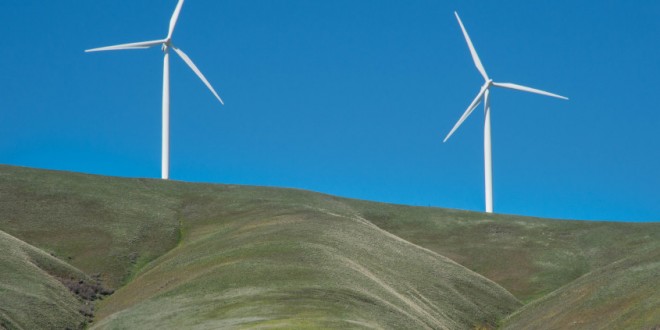The World Bank Group has adopted a new Climate Change Action Plan, aiming to add 30GW of global renewable capacity by 2020.
In particular, the Climate Change Action Plan intends to help countries meet their Paris COP21 pledges and address increasing climate impacts.
As part of this effort, the bank plans to provide $25bn in private financing for clean energy by the end of the decade.
World Bank Group president Jim Yong Kim said: “Following the Paris climate agreement, we must now take bold action to protect our planet for future generations.
“We are moving urgently to help countries make major transitions to increase sources of renewable energy, decrease high-carbon energy sources, develop green transport systems, and build sustainable, liveable cities for growing urban populations.”
Special teams will also be created to work with countries to generate a pipeline of bankable projects.
The projects will focus on areas like rooftop solar and boosting the growth of distributed solar in Sub-Saharan Africa.
World Bank Group sustainable development vice-president Laura Tuck said: “Climate change is the defining issue of our time and cannot be tackled through isolated actions, one sector at a time. The complexity of the challenge requires solutions that cut across many different sectors such as energy, water, agriculture, transport, urban planning, and disaster risk management.
“The World Bank is in a unique position to work with countries to develop the solutions that build their resilience to climate impacts, protect their people and environment, and reduce their emissions.”
World Bank Group member International Finance Corporation (IFC) is planning to increase its climate investments from the current $2.2bn a year to $3.5bn a year in grid-connected renewable energy, green buildings, industrial/commercial energy efficiency, and climate-smart urban infrastructure.
In addition to adding $13bn a year in private sector financing by 2020, IFC intends to continue to use financial instruments and advice to grow its business in distributed renewable energy, off-grid energy access, and climate-smart agriculture.
Agencies/Canadajournal
 Canada Journal – News of the World Articles and videos to bring you the biggest Canadian news stories from across the country every day
Canada Journal – News of the World Articles and videos to bring you the biggest Canadian news stories from across the country every day



